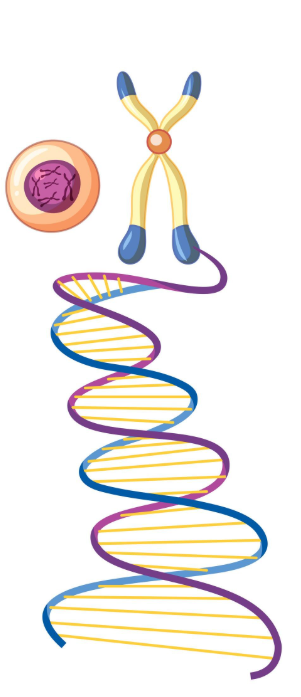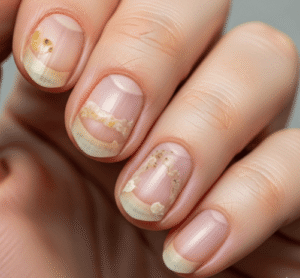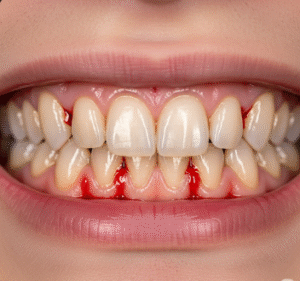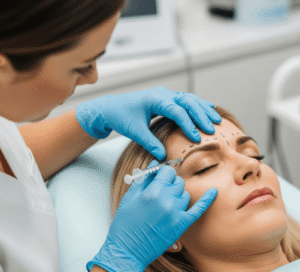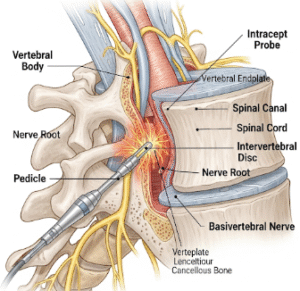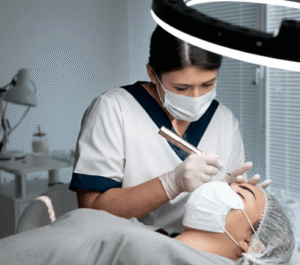Overview
A chancre is a painless ulcer that typically appears as the first sign of primary syphilis, a sexually transmitted infection caused by Treponema pallidum. Early recognition and treatment are essential to prevent disease progression. In Korea, sexual health clinics and hospitals provide prompt diagnosis, antibiotic therapy, and counseling for syphilis and its complications.
Symptoms
- Painless, firm, round or oval sore at the site of infection (genitals, anus, or mouth)
- Slightly raised edges with a clean base
- Swollen lymph nodes near the affected area
- Single or multiple sores in some cases
- Usually appears 10–90 days after exposure
- Typically heals spontaneously within 3–6 weeks if untreated
Causes
- Infection with the bacterium Treponema pallidum
- Sexual contact with an infected individual (vaginal, anal, or oral)
- Rarely, transmission from mother to fetus during pregnancy (congenital syphilis)
Risk Factors
- Unprotected sexual activity
- Multiple sexual partners
- History of other sexually transmitted infections (STIs)
- Men who have sex with men (higher prevalence in some populations)
- Immunocompromised individuals, including HIV-positive patients
Diagnosis
In Korea, diagnosis is made using:
- Physical examination of the sore and lymph nodes
- Blood tests (serologic tests) such as RPR (Rapid Plasma Reagin) or VDRL for syphilis
- Treponemal-specific tests (FTA-ABS or TPPA) to confirm infection
- Patient history including sexual activity and exposure risk
- Screening for other STIs as co-infection is common
Prevention
- Consistent use of condoms during sexual activity
- Regular STI screening for sexually active individuals
- Limiting the number of sexual partners
- Avoiding sexual contact with individuals known to have untreated syphilis
- Prenatal screening to prevent congenital syphilis
Treatment Options in Korea
- Medical Management
- First-line treatment: Intramuscular injection of benzathine penicillin G
- Alternative regimens: Oral doxycycline or tetracycline for penicillin-allergic patients
- Follow-up blood tests to confirm treatment success
- Contact Tracing and Counseling
- Identification and testing of sexual partners
- Counseling on safe sexual practices to prevent reinfection
- Supportive Care
- Management of complications if disease progresses to secondary or tertiary syphilis
- Monitoring for neurological, cardiac, or dermatologic manifestations

